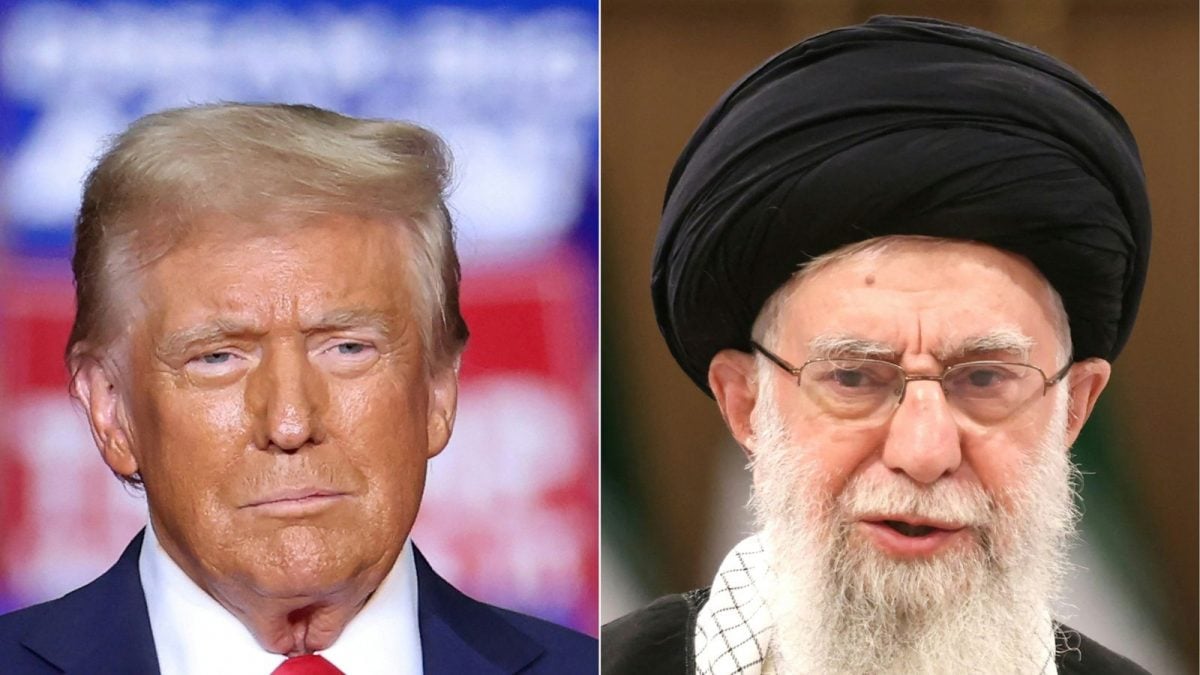ARTICLE AD BOX
Last Updated:June 21, 2025, 16:22 IST
The protests, planned to coincide with Modi’s visit to the G7 summit, were unable to attract substantial crowds, undermining Pannun’s narrative of widespread Khalistani support

PM Narendra Modi with Canadian PM Mark Carney. (Image: X/PMOIndia)
Prime Minister Narendra Modi’s recent visit to Canada has marked a new chapter in India-Canada relations, significantly strengthening diplomatic ties and overshadowing the efforts of controversial Khalistani leader Gurpatwant Singh Pannun to disrupt the visit.
Top Indian government sources told CNN-News that the visit, which had been highly anticipated, proved to be a major success, with Modi and Canadian Prime Minister Mark Carney focusing on expanding bilateral ties in areas such as trade, security, and clean energy. Carney’s pragmatic approach during the visit reflected Canada’s desire to mend relations with India, while sidelining divisive issues like Khalistani separatism.
Restoring Diplomatic Ties
The visit comes after a period of strained relations between India and Canada, primarily due to the actions of Pannun, who has long campaigned for a separate Khalistan and has been known for his inflammatory rhetoric against India. Despite his vocal threats and pre-summit efforts to incite protests, Pannun’s calls for large-scale demonstrations against Modi’s visit failed to gain traction on the ground.
“His efforts to disrupt the G7 Summit and Modi’s visit were a total failure," said top Indian government sources. “Pannun’s campaigns for protests amounted to little more than a few dozen participants, with no significant impact on the ground. His threats were widely ignored, both by the public and by global diplomatic entities."
Despite Pannun’s attempts to rally support among the diaspora, the reality on the ground was starkly different. The protests, planned to coincide with Modi’s visit to the G7 summit in Canada, were unable to attract substantial crowds or significant media attention, effectively undermining Pannun’s narrative of widespread Khalistani support.
Canada’s Shift in Diplomatic Priorities
PM Carney’s leadership has played a crucial role in reorienting Canada’s foreign policy towards India. Carney, who recently took office, made it clear that repairing diplomatic ties with India was top priority. His government emphasised the importance of trade, economic cooperation, and security collaboration, framing Modi’s visit not as a means to address Khalistani grievances but as a critical step in engaging with one of the world’s largest economies.
During the bilateral meeting, Modi and Carney discussed the Early Progress Trade Agreement (EPTA), which aims to boost trade relations and set the stage for future economic growth. The talks also focused on clean energy partnerships, marking a significant shift towards practical diplomacy. Issues such as the killing of Hardeep Singh Nijjar and the ongoing Khalistani agitation were largely avoided during the discussions, highlighting the Canadian government’s decision to de-prioritise such contentious matters.
Pannun’s International Isolation
Pannun’s influence among international bodies and governments appears to be waning. He has been increasingly disowned by major global powers, including the G5 countries, who view his actions as a liability for international diplomatic relations. His promotion of anti-India rhetoric and his connections to Pakistan have drawn scrutiny, especially after his failed attempts to disrupt Modi’s visit.
Canadian intelligence agencies, including the Royal Canadian Mounted Police (RCMP), had closely monitored Pannun’s activities in the lead-up to the visit. They quickly recognised that falling into his trap—especially as he continued to leverage his Khalistani campaign for personal gain—was not in Canada’s best interests. His previous history of violent threats, including calls for violence against Air India and Indian diplomats, had already placed him under intense surveillance by global intelligence agencies.
“International agencies have realised that aligning with Pannun is a bad idea. His agenda serves only to create discord and doesn’t contribute to meaningful discourse," said an official source.
Diplomatic Caution in the G7
While the G7 summit issued a joint statement on transnational repression, which some interpreted as a veiled reference to India’s actions against diaspora-based Khalistani groups, there was no direct mention of India—a sign of diplomatic caution. This careful wording further reflects the desire to avoid escalating tensions over sensitive issues while maintaining strong economic and strategic relationships.
Security Measures and Diplomacy at Play
Ahead of PM Modi’s visit, Canadian authorities bolstered security measures, particularly around known Khalistani factions such as Babbar Khalsa International (BKI) and the Khalistan Tiger Force (KTF). Their presence and activities were closely monitored to prevent any attempts at violence or disruption.
Despite the heightened security, the visit went smoothly, and Modi’s diplomatic efforts resulted in positive media coverage and strengthened bilateral relations. Modi’s focus on cooperation rather than confrontation helped maintain the momentum of India-Canada ties, despite the attempts to disrupt his visit.
Group Editor, Investigations & Security Affairs, Network18
Group Editor, Investigations & Security Affairs, Network18
- Location :
Ottawa, Canada
- First Published:
News india ‘Pannun A Flop Show’: How Diplomacy Trumped Khalistani Propaganda During PM Modi's Canada Visit | Exclusive



.png)
.png)
.png)
















 4 hours ago
3
4 hours ago
3










 English (US) ·
English (US) ·